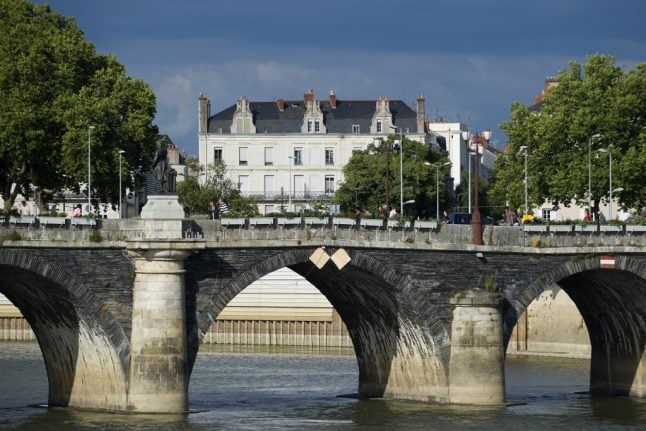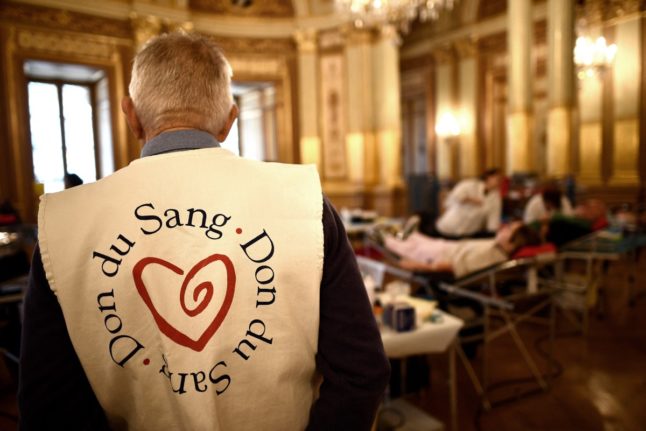Retail shops were hit hard by coronavirus – many were forced to close during the lockdown and even after they reopened many consumers turned to online shopping.
So more than 200 local businesses in the town of Angers decided to launch their own e-commerce platform to try and keep their stores afloat.
The project to create a local online marketplace in Angers had been in the pipeline for a couple of years already but everything accelerated when lockdown hit, according to the town’s official website.

Many shops had to close during lockdown in France. Photo: AFP
Angers shopping launched on April 20th and has made Angers the first city in France to have its own online marketplace.
Created by the Paris-based tech startup Wishibam in collaboration with Angers French Tech, the CCI Maine-et-Loire and the association “les Vitrines d’Angers”, it gave the opportunity to hundreds of local Angers business vendors to sell their products while their physical shops were closed.
Angers shopping also has the ambition of being ethical, environmentally friendly and human-focused, in sharp contrast to Amazon which has particularly been criticised in France.

French activists protest against Amazon on the Pont-du-Gard bridge in southern France on June 17, 2020. Photo: AFP.
In fact at the beginning of lockdown, Amazon had to face several strikes and demonstrations by warehouse workers who complained about overcrowding and a lack of hand sanitiser.
The Versailles Court of Appeals in France then upheld a previous lower court decision banning Amazon from delivering non-essential items in the country during the covid-19 crisis.
Still, challenging Amazon won’t be easy as it amounts for 22 per cent of all online spending in France, with about 45 per cent of the population buying from it at least once a year, according to Kantar Insights France.
And even with the end of lockdown, online shopping remains a good alternative for small business owners who, for the most part, can only allow a few masked customers into their shop at once.
By Olivia Sorrel-Dejerine



 Please whitelist us to continue reading.
Please whitelist us to continue reading.
Angevin(e)s will be indignant to see their beautiful city (pop 150K plus) described as a ‘small town.’ Only a Parisian …